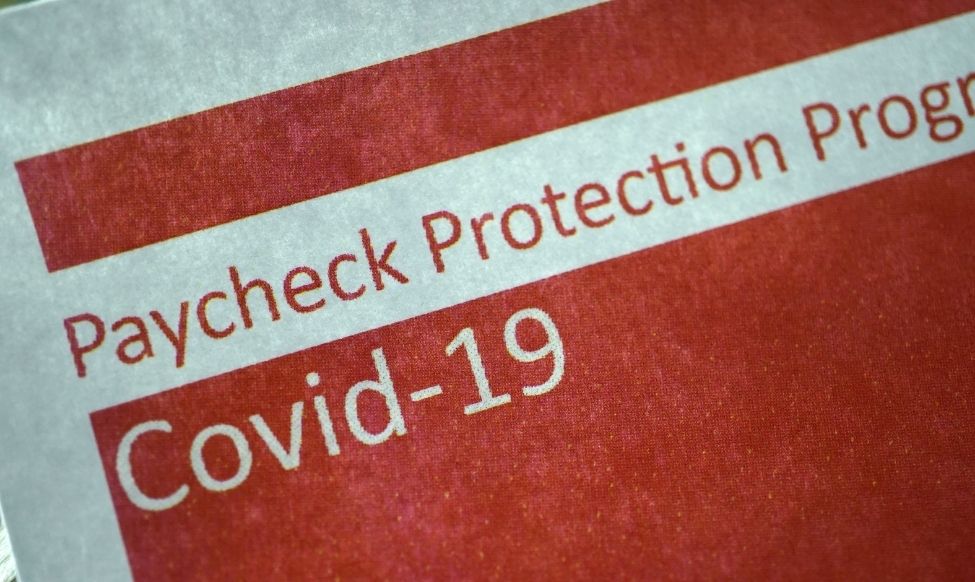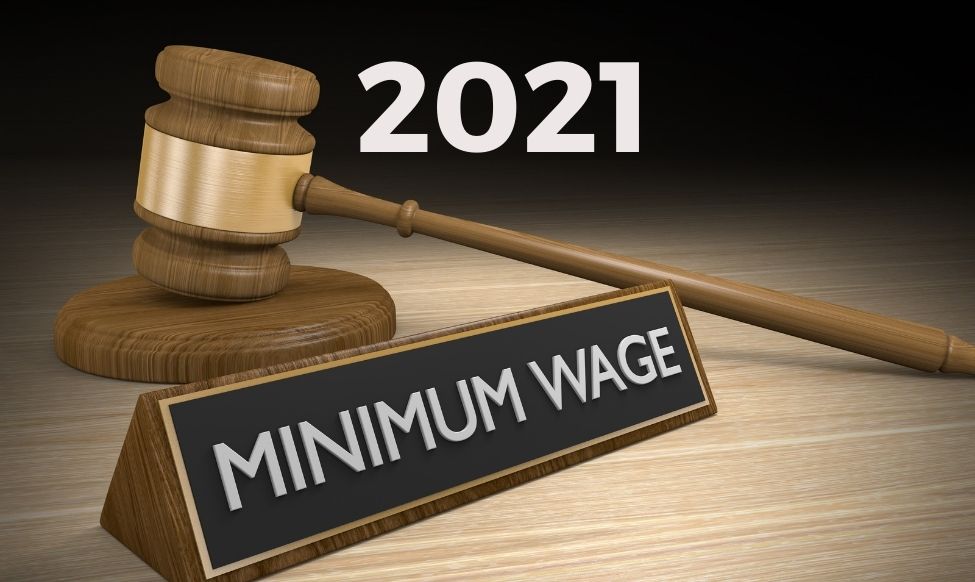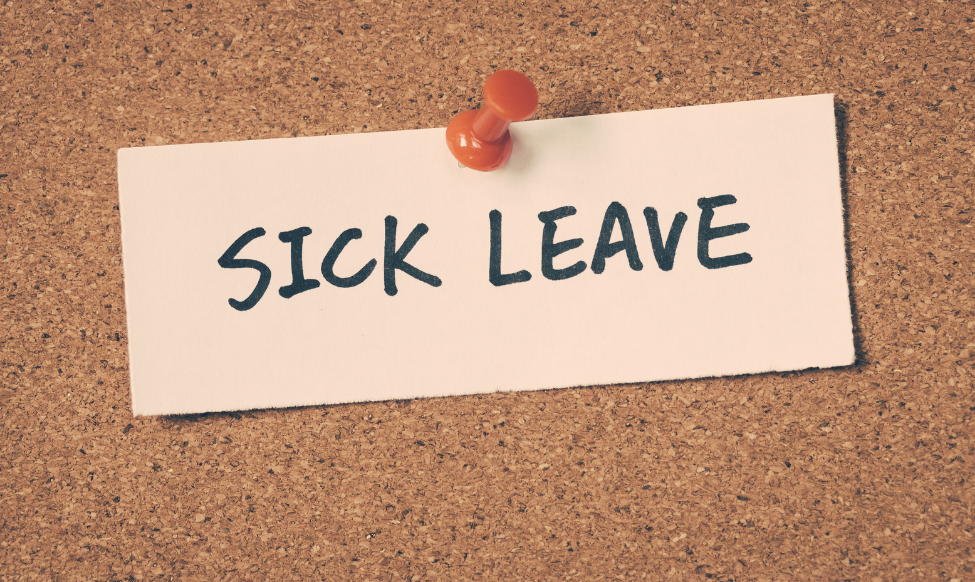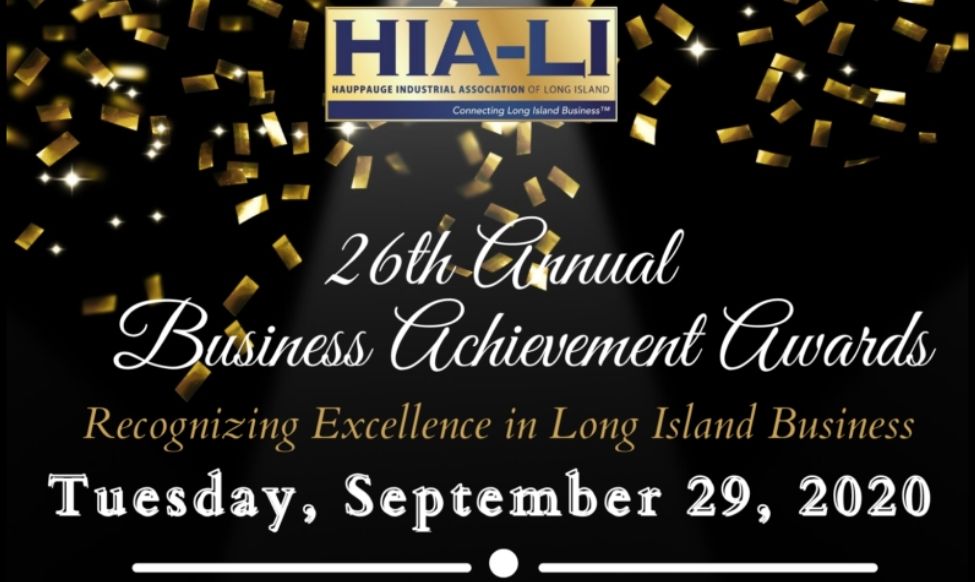By Christine Malafi
Updated guidance was issued by New York State on January 20, 2021. Learn more here.
On April 3, 2020, during the peak of the COVID-19 pandemic, New York State enacted mandatory paid sick leave for full-time and part-time employees as part of the state’s 2020-2021 budget.[1] The new leave provisions, which amend the New York Labor Law,[2] take effect on September 30, 2020. Touted as “the strongest Paid Sick Leave in the nation,” the law provides for varying amounts of sick leave based on employer size and revenue,[3] with the employee being restored to the same position, with the same pay and conditions of employment upon return to work.
All New York employers should review the provisions summarized below and revise their current leave policies accordingly.
How much paid sick leave is required?
The amount of paid sick leave (at an employee’s regular rate of pay) is dependent upon the employer’s size within a calendar year (January 1 to December 31) and net income in the prior tax year.
- Businesses with four or fewer employees in any year must provide each employee with at least 40 hours of paid sick leave per year, unless their net income is $1 million or less in the previous tax year, in which case such leave time may be unpaid.
- Businesses with between five and 99 employees in any year must provide up to 40 hours of paid sick leave per year.
- Businesses with 100 or more employees in any year must provide up to 56 hours of paid sick leave per year.
Employees must accrue paid sick leave at a rate of one hour for every 30 hours worked, beginning September 30, 2020, or upon the first day of employment. However, employee use of the required sick leave may be restricted for use until January 1, 2021. Alternatively, employers can opt to frontload the required time at the beginning of the calendar year.
Will unused accrued time carry over?
Any unused accrual amount must carry over to the following year; however, employers can limit the carry over to a maximum of 40 hours (if the employer has 100 or fewer employees) or 56 hours (if the employer has more than 100 employees).[4]
Unused sick time need not be paid out upon termination or separation of employment.
When can paid sick leave be used?
Sick leave may be used in partial days, but employers are permitted to set a minimum number of hours to be used at a time of not more than four hours. Covered reasons for taking sick leave under the requirement include:
- Care, treatment, preventative care,[5] or diagnosis of mental or physical illness of the employee or the employee’s family member, regardless of whether the condition has been diagnosed or requires medical care; and
- Needs related to the employee or employee’s family member concerning domestic violence, stalking, human trafficking, sexual offenses, shelters and service programs, safety planning, relocating, participating in legal proceedings or meeting with an attorney, social services provider, law enforcement, enrolling children in school, or taking other safety precautions for themselves or their family members.[6]
A “family member” includes an employee’s child or legal dependent, spouse, domestic partner, parent including legal guardian, sibling, grandchild, grandparent, and the child or parent of an employee’s spouse or domestic partner.
Employers are restricted in what information they can request from an employee requesting sick leave,and cannot request anything of a confidential nature from the employee.[7]
Correlation to Existing Policies
Employers may provide more generous sick leave policies if they wish, but those policies must be uniformly applied and should be maintained in writing.
Businesses with sick leave policies that comply with current New York City and/or Westchester County requirements may not need to make changes, but it would be wise to have your current sick leave policies and other leave policies reviewed to make sure you are in compliance with the new legal requirements in New York.
As the effective date approaches, we highly advise all New York employers to review their employee handbooks, PTO policies, and internal procedures to make sure there is no conflict between existing policies and the new legal requirements. Please contact our Labor and Employment Department at (631) 738-9100 if you need a policy revision, overhaul, or guidance on implementation for your business.
[1] All private-sector workers in New York State are now covered under NYSPSL, regardless of industry, occupation, part-time status, overtime exempt status, and seasonal status. Nonprofit employees must also comply with the law. Out-of-state employers must provide NYSPSL to employees who physically work in New York State.
[2] N.Y. Labor Law §196-b.
[3] Under NYSPSL, the amount of sick leave a covered employer must provide is determined by an employer’s size and net income in a given calendar year.
[4] Employers may set a calendar year to mean any 12-month period regarding use and accrual of leave.
[5] Because sick leave can be used for preventive medical care, it would cover absences for routine medical appointments, such as dentist and eye doctor appointments, and it may cover absences due to temporary closure of the employer’s place of business due to a public health emergency.
[6] The need for bereavement leave is not a valid reason under NYSPSL.
[7] Employers cannot require employees to work from home or telecommute instead of taking sick leave. However, an employer can offer employees the option of working from home or telecommuting as an alternative to using NYSPSL. If employees voluntarily agree to work from home or telecommute, they will retain any paid or unpaid sick leave they have accrued.









